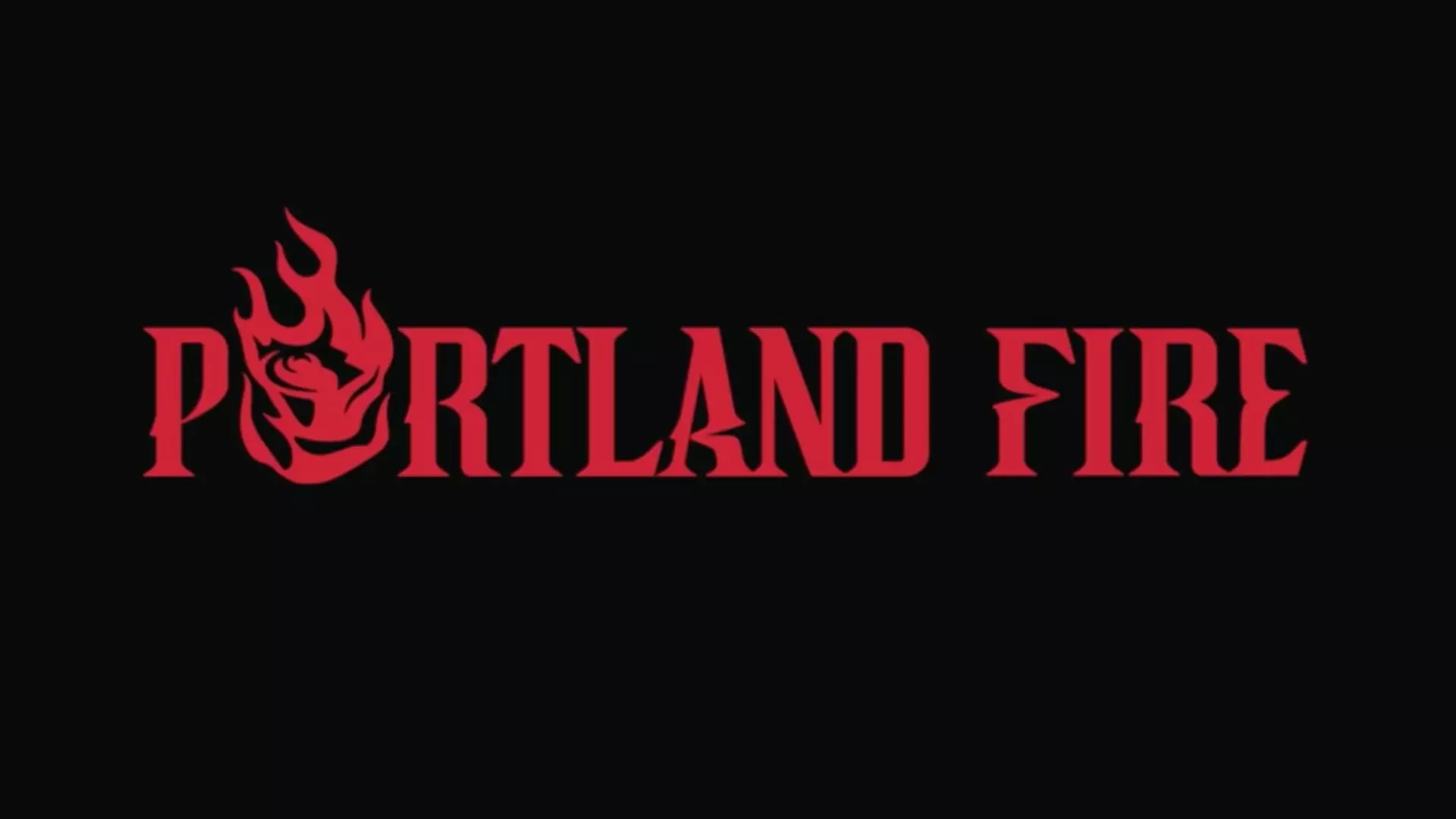The announcement of Portland’s new WNBA team, the Fire, ostensibly aims to honor the city’s rich tradition of supporting women’s sports while capitalizing on a nostalgic brand from the early 2000s. However, this rebranding feels more like a superficial nod to history rather than a forward-thinking step toward genuine progress. While invoking the “Rose City” and fiery imagery may seem compelling, it raises questions about whether this is merely a glamorized marketing tactic rather than a meaningful commitment to advancing women’s basketball. The choice to revive the Fire name, a franchise that existed nearly two decades ago, risks ignoring the current landscape of women’s sports—dynamic, innovative, and demanding authentic engagement—not just a remembrance of the past.
The Symbolism Misses the Point
The logo featuring a burning rose is visually striking but symbolically shallow. Although the team’s branding ties into Portland’s bridges, Mount Hood, and the downtown arena, it reduces complex societal issues surrounding gender equity and sports empowerment to a series of aesthetic choices. Instead of addressing how this team might challenge stereotypes or elevate women’s sports on a broader scale, the design choices seem more intent on fostering city pride than driving societal change. For a city that claims to champion women’s rights, one might expect a branding effort rooted in activism or direct community engagement, not just symbolic fire and floral motifs.
Commercial Strategies or Broader Opportunities?
Headlines tout record-breaking ticket deposits and a strategic alliance with other Portland sports entities. These metrics reveal an eager financial appetite but obscure the larger conversation about the purpose of women’s professional sports today. Is the Fire just another franchise chasing attendance figures in a saturated market, or can it serve as a catalyst for societal progress? The league’s expansion and the team’s inclusion could be seen as positive, yet they risk becoming politically superficial if they don’t challenge existing gender norms. Merely proliferating teams and generating ticket sales does not necessarily translate into long-term cultural change or equal recognition for women athletes.
The Imperialist Takeover of Women’s Sports?
Portland’s new team, owned by RAJ Sports, promises to be a part of a broader sports industry push. While private investment is vital, it also raises concerns about commercialism overpowering authentic advocacy. Are these teams truly meant to elevate women’s sports or simply serve as lucrative investment vehicles that capitalize on the growing popularity of women’s athletics? The fact that the Fire will share a venue with the NBA’s Trail Blazers underscores the commodification of women’s sports—treating it as a complementary feature rather than a standalone movement deserving its own identity and voice.
The Portland Fire’s relaunch reflects a mixture of strategic branding and commercialization. Its symbolic motifs may evoke pride and nostalgia, but they risk remaining superficial if they don’t translate into tangible progress for gender equality in sports. For Portland—and indeed for the league—this is an opportunity to push beyond logos and ticket records and forge a genuine, empowering identity for women’s basketball. Anything less is a missed chance to challenge the status quo and inspire real change.

